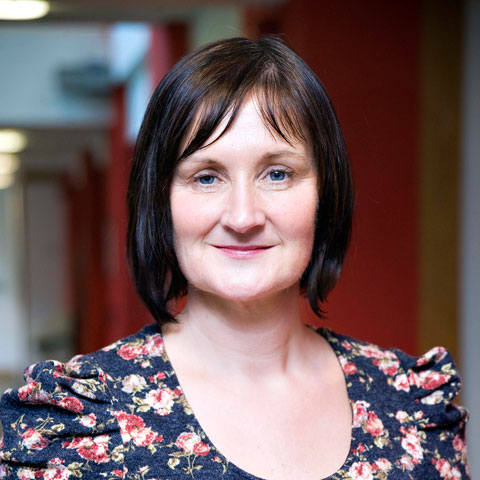First study of new treatment for early stage bipolar disorder

A North West clinical trial of people who have been diagnosed with bipolar disorder for less than five years will be the first study of its kind to shed light on how new treatments could be more effective in the early stages of the condition.
Lancaster University’s Spectrum Centre for Mental Health Research, a research centre dedicated to research aiming to improve the day to day lives of people living with bipolar disorder, will test a new intervention called Recovery focused Cognitive Behavioural Therapy on volunteers from eleven NHS Trusts in the North West of England.
Two groups of volunteers are being recruited , each consisting of 30 individuals with a diagnosis of bipolar disorder. One of the two groups will receive Recovery focused CBT and their performance on a number of measures will be compared with the other group who will be receiving treatment as usual.
Recovery focused CBT is different from traditional CBT because it is driven by an individual’s own therapeutic goals and sessions are specifically tailored to the needs and individual bipolar experiences. Also, it does not require people to conform to a specific pattern of illness. Importantly, the focus of the therapy is not limited to the mood related experiences of the service users and they will be encouraged to bring into the therapy sessions other day-to-day challenges that limit their potential. The trial will include the services of trained mental health professionals who will offer up to 18 hours of face-to-face therapy over a period of six months.
It is anticipated that the results of the study will also inform how early treatment can help people with severe mental illness in general.
Professor Steven Jones of Lancaster University’s Spectrum Centre explained:
“There is increasing evidence for the effectiveness of structured psychological therapies for bipolar disorder. To date, however, there have been no psychological interventions specifically designed for individuals with early bipolar disorder. We want to find out if the recovery focused CBT - which includes mood monitoring and awareness, regularisation of routines, coping strategies and problem solving training – has more impact if an individual is introduced to it early on.”
Rita Long, a researcher at the Spectrum Centre who also has bipolar disorder said:
“I don't think there was anything like this available when I first became ill. If there was, I wasn't offered it. I'm sure if I had been offered something like this then I would have been able to get on with my life so much quicker. That feels like such a waste. It’s great that this therapy helps people like me decide how they want to live their lives and then get support to 'get on with it'. Maybe when this therapy starts to 'kick in' then people will realise how much talent there is in the bipolar community.”
The trial will be led by Professor Steve Jones, Director of Spectrum Centre Lancaster University, and is part of the National Institute for Health Research-funded RECOVERY programme, hosted by Greater Manchester West Mental Health NHS Foundation Trust under the clinical lead of Professor Antony Morrison. It involves a multidisciplinary team of researchers, clinicians, statisticians and therapists across academic institutions and NHS Trusts in the North West of England.
The trial - A randomised controlled trial of recovery focused CBT for individuals with early bipolar disorder – is published by BMC Psychiatry.
The NHS trusts taking part in the trial are Greater Manchester Mental Health NHS Foundation Trust, Bolton Primary Care Trust, Salford Primary Care Trust, Trafford Primary Care Trust, Manchester Mental Health and Social Care Trust, Manchester Primary Care Trust, Lancashire Care NHS Foundation Trust, North Lancashire Primary Care Trust, 5 Boroughs Partnership NHS Foundation Trust, Cumbria Partnership NHS Foundation, Cumbria Primary Care Trust.